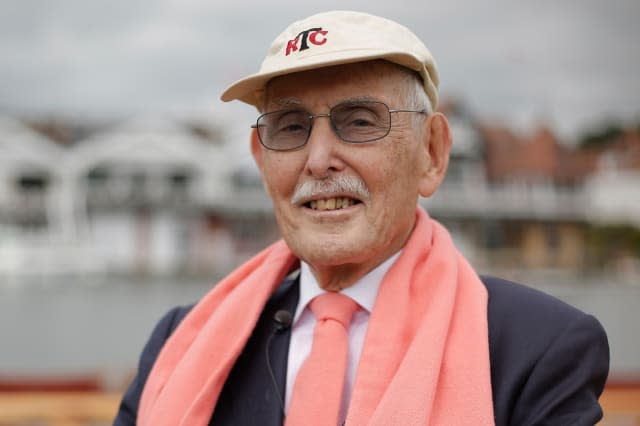The key to long life and good health? Never stop working

Dr Eugster, an age researcher, writer and athlete is 97, and still breaking records. He attributes his longevity and good health to the fact that he has never stopped working. So would it work for you?
Dr Eugster lives and works in Zurich, where he still commutes to work every day - including a 20 minute walk and a 30 minute train ride. He also trains as an athlete three days a week, and holds sprint records for the over 95s and the record as the world's oldest competitive oarsman. He told the BBC that retirement was "a financial disaster and a health catastrophe'.
Working longer seems to work
His beliefs are backed up by a number of pieces of research. Earlier this year a study at Oregon University found that people who stayed in work between the ages of 65 and 66 were 11% less likely to die during that year than those who gave up work at 65. Even those who were already unwell lived longer if they continued to work. The researchers found that the conclusions held water, regardless of people's incomes and lifestyles.
The experts have put the effect down to two things: first, people who continued to work were more mentally and physical active - which keep them healthy for longer. Numerous studies have highlighted the health benefits of working later in life. A study in 2009 by the Institute of Psychiatry at King's College London, for example, found that people who worked later in life were less likely to suffer Alzheimer's in their 60s and 70s - possibly because of the positive effects of mental stimulation.
The second factor is that when people work in retirement, their income is higher; and having more money to live on is associated with longevity. Data from the Office of National Statistics shows that women who live in poor areas of England can expect to live 52.4 years in good health - while those in wealthier parts of the country stayed healthy for a further 19 years. For men the difference was 18 years.
Eugster says he wants to see services around the world develop to make it easier and more attractive for older people to keep engaged and productive. He has his sights set on the development of business schools, training facilities and even dating agencies specifically aimed at the over 65s.
But what do you think? Would you keep on working if it meant you could live to the age of 97? Let us know in the comments.




